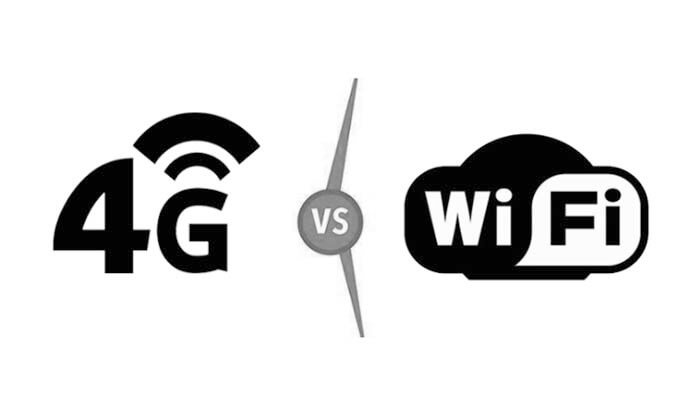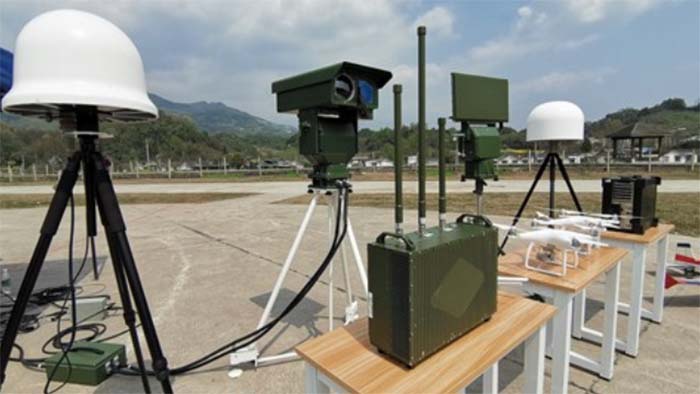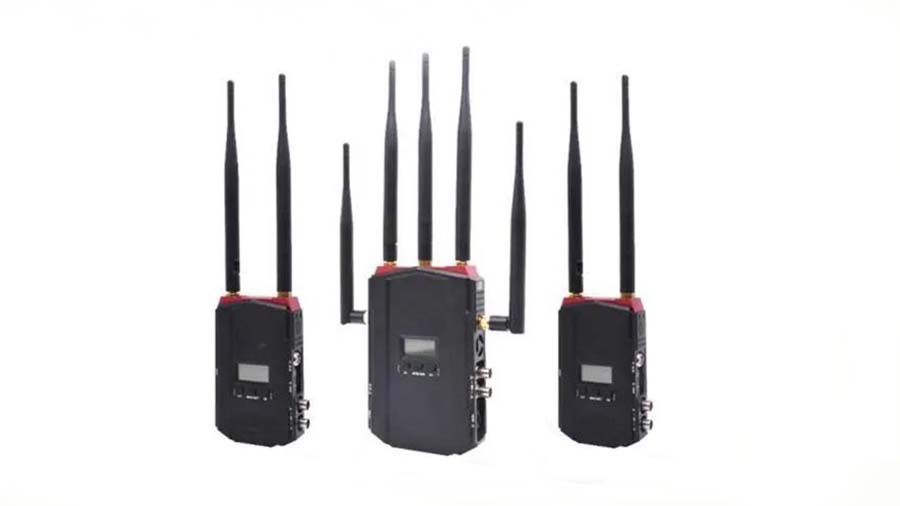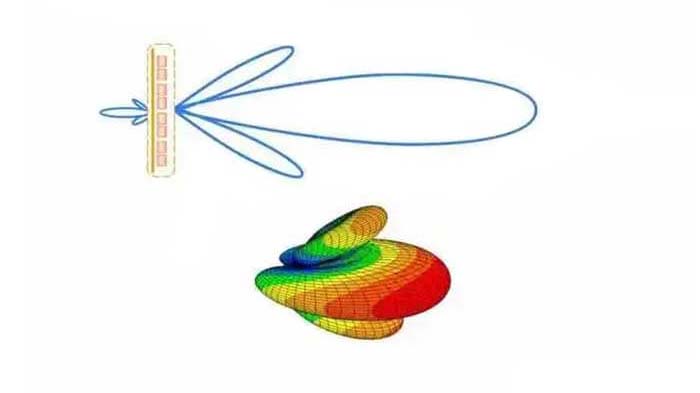4G vs. WiFi, what is the difference between LTE and wifi?
Before we talk about this 2G 3G 4G vs WiFi issue, we can understand the basic concept of WiFi and 2G, 3G, and 4G.
What is 2G?
2G is the second generation of mobile communication technology. It represents GSM, with digital voice transmission technology as the core. However, SMS can be implemented in some specifications of 2G.
2G technology can be basically divided into two types, one based on TDMA, and the other on CDMA specifications.
What is 3G?
3G refers to the third-generation mobile communication technology. It is a cellular communication technology that supports high-speed data transmission.
3G services are capable of transmitting both voice and data information at a rate of several hundred kbps or more. There are four standards of 3G: CDMA2000, WCDMA, TD-SCDMA, and WiMAX.
What is 4G?
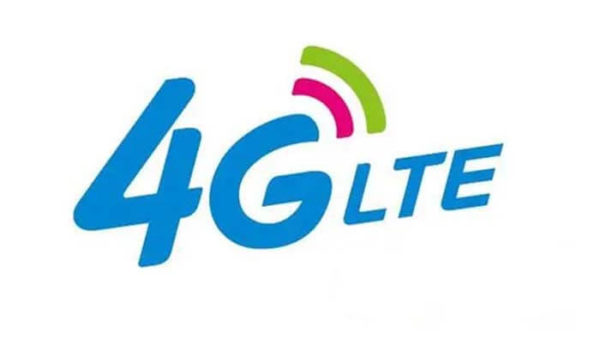
4G refers to the fourth-generation wireless cellular communication protocol, which is a combination of 3G and WLAN and is capable of transmitting high-quality video images as well as image transmission quality comparable to high-definition television.
4G systems are capable of downloading at 100 Mbps, 2,000 times faster than dial-up, and uploading at 20 Mbps, and can meet almost any user’s requirements for wireless services.
Due to high data download rates, everyone’s attention is now turning to 4G. high-speed mobile communications can provide.
100Mbit/s (such as trains or cars), while low mobile communication or fixed access will yield 1Gbit/s. This is a major revolution in wireless access technology
A major revolution, equivalent to connecting LAN or Gigabit Ethernet to mobile devices.
4G provides high-speed access to smartphones, tablets, laptops, and any mobile smart device for all IP communications.
Theoretically, this 4G access is much faster than wired or DSL technology, as 4G is faster than ADSL, ADSL2, or ADSL2+.
When 4G is activated, you can run any Internet application as if it were a desktop computer, if you have at least 54 Mbits/s (worst case) downloaded on your phone or tablet.
You can run any Internet application just like on a desktop computer.
For example, you can run Skype, YouTube, IP TV applications, video on demand, VoIP clients, etc. If you have any VoIP client installed on your handheld device, you can make VoIP calls from your phone.
This will soon kill the mobile voice market. Also, you can subscribe to any local number to your mobile VoIP client and start receiving calls on your cell phone via IP.
What is Wi-Fi?
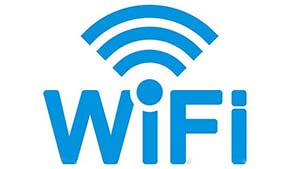
Wi-Fi is a technology that allows terminals such as personal computers and handheld devices (e.g., iPods, and cell phones) to be connected to each other wirelessly.
Wi-Fi is a brand of wireless network communication technology held by Wi-Fi Alliance. The goal is to improve the interoperability between wireless network products based on the IEEE 802.11 standard.
At present, people generally confuse Wi-Fi and IEEE 802.11. Even Wi-Fi is equivalent to wireless Internet.
Wi-Fi (IEEE802.11 series)
Wireless Fidelity (Wi-Fi) is a wireless LAN technology that can be used over short distances. It is the most common wireless technology used in the home, hotspot, and enterprise internal wireless
The most commonly used wireless technology in networks.
Wi-Fi operates in 2.4GHz or 5GHz, which are unallocated frequency bands (specifically allocated to ISM-Industrial Scientific and Medical).
There are several varieties of Wi-Fi (802.11), some of which are 802.11a, 802.11b, 802.11g, and 802.11n.
Among them, 802.11a, b, and g operate at 2.4GHz frequency, the range is 40-140m actually), while 802.11n uses OFDM modulation technology to operate at 5GHz, so the speed is faster (up to 40Mbits/S actually), the range is 70-250m.
With a wireless router, you easily set up a wireless local area network (WLAN) in your home. When setting up Wi-Fi in your home, make sure
Enable including secure wireless or encryption, MAC address filter, etc. Don’t forget to change the default password of your wireless router to avoid third-party access.
What is the difference between LTE and wifi?
4G vs. Wifi, 2G, 3G, and 4G have nothing to do with WiFi.
2G, 3G, and 4G are mobile communication networks. And WiF is a wireless network, the most common is that if your cell phone or laptop supports wireless function, it can search for nearby wireless networks and access the Internet, which is Wifi.
Nowadays, many families use ADSL and then configure a wireless router, which can realize wireless Internet access for multiple computers at home. This is wifi.
In contrast, WIFI can achieve a transmission speed of more than 50M, the disadvantage is that the support distance is limited, such as your home wireless router can only be used at home.
And the mobile network can currently achieve national roaming Internet access, but the speed is limited In addition, the operator will also recommend their own WiFi network services, but the operator of the national construction of WiFi networks, will be charged in accordance with the collection of diamond standard.
WIFI is available for free in public places such as KFC and McDonald’s, while mobile networks require cell phone support and are relatively expensive, although WIFI speed is faster, there are restrictions to cover the area.
And cellular network (2G, 3G, 4G) as long as your local operator opened 2G, 3G, 4G services, you can use 2G, 3G, 4G.
The difference between 2G, 3G, and 4G networks for users, is the biggest difference between 2G, 3G, and 4G networks is the different speeds of transmission.
4G vs. Wifi speeds of transmission, is 4g faster than wifi?
4G network as the latest generation of communication technology, in the transmission speed, has a very big improvement, the theoretical Internet speed is 50 times faster than 3G, and the actual experience is also about 10 times, the Internet speed can be comparable to 20M home broadband.
Therefore, a 4G network can have a very smooth speed while watching high-definition movies, and big data transmission speed is very fast, but the cost is a major problem.
2G network era, we can browse some text content on the Internet, but opening the picture will be delayed, and not smooth enough, in the 3G era, we can browse the network pictures, all kinds of web news, etc. very smoothly. And the 4G network is even better, watch HD movies can be watched in seconds.
4G and Wi-Fi are both mobile wireless access technologies that operate at different frequencies and in different access ranges. Wi-Fi has been in use for some time, while 4G is a mobile communication network that has been deployed in countries around the world since 2012.
Wi-Fi is a short-range personal wireless LAN with low cost, while 4G networks deployed by mobile operators have higher performance and speed.
Is 4g faster than wifi?
Wi-Fi operates at high frequencies with a theoretical data rate of up to 54Mbits/s, but it only works in a small area; while 4G rates can reach 100Mbits/s. 4G vs wifi spead, 4G is faster.
4G vs. WiFi (802.11)
4G vs. WiFi 1) Both are wireless access technologies used for different purposes;
4G vs. WiFi 2) Operators generally deploy 4G only, Wi-Fi is for home/personal applications;
4G vs. WiFi 3) Wi-Fi can reach up to 54 Mbits/s, while 4G has a target speed of 100 Mbits/s;
4G vs. WiFi 4) Wi-Fi is a short-range wireless technology, 4G distance is measured in kilometers;
4G vs. WiFi 5) 4G supports voice and data, while Wi-Fi only supports data;
4G vs. WiFi 6) 4G and Wi-Fi both support VoIP and video calls.
4G vs. WiFi 7) 4G and Wi-Fi are both ips
Wi-Fi is primarily a local area network technology that uses radio waves to provide high-speed network access to Wi-Fi-enabled mobile devices. It not only allows mobile devices such as smartphones, laptops, and tablets to connect to the Internet but also allows them to communicate with each other wirelessly.
4G is the networking technology typically associated with cell phone systems that use short-range radios to facilitate mobile device communication over an area consisting of cells and transceivers. a 4G network means that the device has a cellular plan attached to it, which uses cellular signals to connect to the Internet.
4G vs. Wifi technology
Wi-Fi is a key meta-table and key wireless network technology based on the IEEE 802.11 standard. It is the name of the wireless standard or protocol used by the Wi-Fi Alliance for wireless communication. Any Wi-Fi-enabled device can seamlessly communicate wirelessly with another Wi-Fi-enabled device.
Cellular refers to a mobile network that is distributed over a wide area and these cells are linked to a base station, which in turn facilitates wireless connectivity via cell phones.
4G vs. Wifi networks
Wi-Fi enabled means that devices can broadcast and receive information using the Wi-Fi standard if a wireless signal is available. This means that anyone can use a mobile Wi-Fi device to connect almost anywhere they work, without the need for mobile cables.
The main purpose of 4G networks is to provide high-capacity coverage over a wide area and to provide a cost-effective solution for the network in terms of coverage, capacity, and quality. Mobile technology is the technology used for cellular communications.
Data limitations of Wi-Fi and 4G networks Wi-Fi devices rely solely on Wi-Fi to connect to the Internet and are typically much faster than 4G networks. Wi-Fi is well suited for data-intensive uses such as online movies, video conferencing, downloading music and videos, etc.
Typically, Wi-Fi has no limit on the amount of data that can be used in a day or month.
4G networks, on the other hand, use proprietary frequencies and dedicated cellular carriers, and the service is charged based on a weekly or monthly plan. Cellular data plans typically have daily or monthly caps on data usage limits.
These are the 4G vs. Wifi differences, besides this Cellular 2G 3G 4G vs Wifi article, you may also be interested in the below articles.
LTE Vs. 5G: Is 5G Better Than LTE?

